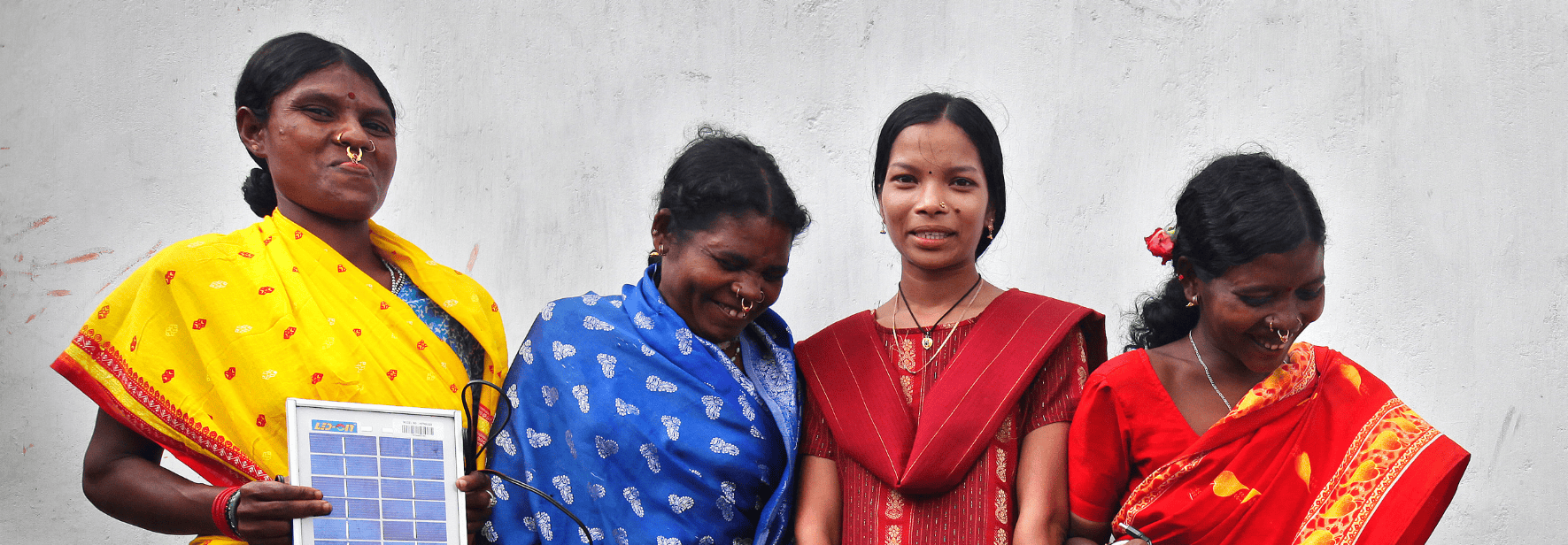An overview of the interlinkages between gender, human rights, climate change, and renewable energy. This course provides participants with knowledge and tools to integrate and implement gender equality in renewable energy access and entrepreneurship, as well as related gender-responsive and human rights-based approaches in climate change mitigation and adaptation measures.
The deep-rooted and far-reaching impacts of climate change make it one of the most defining challenges in the world today. The impacts of climate change manifest in primary effects such as increased frequency and magnitude of extreme weather events like droughts, storms and floods. However, it is the negative secondary effects that often go over-looked, especially for those who already experience inequalities, including women, youth, the elderly, persons with disabilities and minority groups.
Multiple and intersecting social inequalities affect the ability of marginalized groups to adapt to a changing climate, excluding these groups from decision-making processes at household, community, and national levels. They also prevent them from taking hold of the opportunities that low-emissions, climate-resilient development brings towards improved livelihoods, particularly in sectors like renewable energy that also have the potential to improve the socio-economic wellbeing of women.
This self-paced e-course provides an overview of the interlinkages between gender, human rights, climate change, and renewable energy. It provides participants with the specific knowledge and tools to integrate and implement gender equality in renewable energy access and entrepreneurship, as well as related gender-responsive and human rights-based approaches in climate change mitigation and adaptation measures.
Click here for more information and to start learning!







